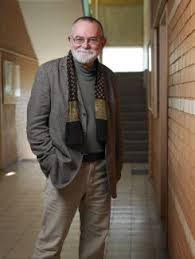ELTE – IREG International Ranking-Conference in Budapest, Hungary
19-21 May 2021
About the Goal and Topics of Conference
- Rankings and the Decision Makers
- Meeting of Three Cultures: Universities, Rankings and the Social-Economic Environment
- Are There Theories of Rankings?
- Theoretical Approches to Excellence
- Rankings as Social and Media Phenomena
- Reflections from Ranking Providers
In order to demonstrate this, a conference will be organised by Social Communication Research Group at the Faculty of Education and Psychology of Eötvös Loránd University (ELTE) (Institute of Research on Adult Education and Knowledge Management) as a traditional research university of humanities, arts and sciences, addressing practitioners of the humanities and social sciences. The conference is sponsored by PADME Foundation (Central Bank of Hungary) and our partner is the IREG Observatory on Academic Ranking and Excellence (IREG). Our professional co-organiser partner is the Budapest Ranking Research Group (BRRG) , affiliated to the Hungarian Academy of Sciences and hosted by University Pannonia (head: Dr. András Telcs).
.



After a Very Successful Discussion
Global university ranking providers were confronted with the social science perspective at a recent ranking conference at Eötvös Loránd University Faculty of Education and Psychology. The novelty of the conference was that it explored the relevance of university rankings for higher education, the mechanisms of their impact, their methodological assumptions and their functioning from the perspective of the social sciences and humanities. The ranking providers responded to the suggestions made by leading international scholars in the fields of sociology of science, psychology, history of science and higher education research.
The "University Rankings - Reflections from Social Sciences and Humanities" event (supported by the PADME Foundation) attracted 34 speakers from 12 countries and 382 registered participants representing 40 countries. Organised in collaboration with the International Ranking Expert Group (IREG), the international organisation for higher education rankings, the major conference featured speakers from leading global rankings.
Speaking at the conference, Luiz Claudio COSTA, President of IREG, former Minister of Higher Education of Brazil and former Rector, called for a continuous rethinking of rankings and reflection on knowledge. In his video presentation, László Palkovics, Minister of ITM, put the issue of rankings in the context of Hungarian higher education policy, responding to some of the questions raised by the registrants beforehand. Professor László Borhy, Rector of ELTE, President of the Hungarian Rectors' Conference, also highlighted the ranking positions of our university in his opening speech.
Bob Morse, senior analyst at USNews Global Ranking, the most respected ranking expert, pointed out the huge increase in the number of institutions analysed in subject rankings worldwide. Svetlana Grishankova of RAER Ranking argued for the measurability of the so-called "third mission" of universities. Bob Snow of QS and Niclas Cletz of THE rankinej presented their methodological refinements and, in the discussion, partly accepting the criticisms voiced, indicated that even with their shortcomings, rankings are a great service to improve the self-image and competitiveness of institutions.
A very different approach was taken by scholars who put the issue of rankings in a broader context. Ulrich Teichler (Universitat Kassel), one of the most highly regarded figures in continental higher education research, explored the theoretical background of rankings and showed that rankings, acting as "influencers", work against creativity and complex knowledge-institutional functioning. Péter Érdi, professor at Kalamazoo College in Michigan, USA, based on his recently published book (Oxford University Press) analysed ranking as a basic civilizational drive, pointing out its limitations. Professor Csaba Pléh, (CEU), presented patterns of excellence, partly from a psychological background, partly in the networks of the science of psychology. Richard Holmes, a journalist specialising in global rankings, showed how global rankings have reached a crisis, partly because of the paradigm-shifting nature of the rise of higher education in China and India, partly because of the increasing importance of educational performance, which cannot be measured, and which the pandemic has particularly highlighted. Professor György Fábri, the initiator of the conference, in his closing presentation, discussed rankings as a postmodern media phenomenon, highlighting that the bypassing of traditional academic and educational benchmarks leads to distorted results. In addition, new initiatives were discussed, such as the sports ranking, presented by Mózes Székely, Senior Research Fellow at the PPK FTI, or the European engineering ranking, presented by Waldemar Siwinski.
 Dr. habil György Fábri (1964) is an habilitated associate professor (Institute of research on Adult Education and Knowledge Management, Faculty of Education and Psychology of Eötvös Loránd University), head of the Social Communication Research Group. Areas of research: university philosophy, sociology of higher education and science, science communication, social communication, church sociology. His monograph was published on the transformation of Hungarian higher education during the change of regime (1992 Wien) and on university rankings (2017 Budapest). He has edited several scientific journals, and his university courses and publications cover communication theory, university philosophy, science communication, social representation, media and social philosophy, ethics, and church sociology.
Dr. habil György Fábri (1964) is an habilitated associate professor (Institute of research on Adult Education and Knowledge Management, Faculty of Education and Psychology of Eötvös Loránd University), head of the Social Communication Research Group. Areas of research: university philosophy, sociology of higher education and science, science communication, social communication, church sociology. His monograph was published on the transformation of Hungarian higher education during the change of regime (1992 Wien) and on university rankings (2017 Budapest). He has edited several scientific journals, and his university courses and publications cover communication theory, university philosophy, science communication, social representation, media and social philosophy, ethics, and church sociology.
 Dr. Mircea Dumitru is a Professor of Philosophy at the University of Bucharest (since 2004). Rector of the University of Bucharest (since 2011). President of the European Society of Analytic Philosophy (2011 – 2014). Corresponding Fellow of the Romanian Academy (since 2014). Minister of Education and Scientific Research (July 2016 – January 2017). Visiting Professor at Beijing Normal University (2017 – 2022). President of the International Institute of Philosophy (2017 – 2020). President of Balkan Universities Association (2019 – 2020). He holds a PhD in Philosophy at Tulane University, New Orleans, USA (1998) with a topic in modal logic and philosophy of mathematics, and another PhD in Philosophy at the University of Bucharest (1998) with a topic in philosophy of language. Invited Professor at Tulsa University (USA), CUNY (USA), NYU (USA), Lyon 3, ENS Lyon, University of Helsinki, CUPL (Beijing, China), Pekin University (Beijing, China). Main area of research: philosophical logic, metaphysics, and philosophy of language. Main publications: Modality and Incompleteness (UMI, Ann Arbor, 1998); Modalitate si incompletitudine, (Paideia Publishing House, 2001, in Romanian; the book received the Mircea Florian Prize of the Romanian Academy); Logic and Philosophical Explorations (Humanitas, Bucharest, 2004, in Romanian); Words, Theories, and Things. Quine in Focus (ed.) (Pelican, 2009); Truth (ed.) (Bucharest University Publishing House, 2013); article on the Philosophy of Kit Fine, in The Cambridge Dictionary of Philosophy, the Third Edition, Robert Audi (ed.) (Cambridge University Press, 2015), Metaphysics, Meaning, and Modality. Themes from Kit Fine (ed.) (Oxford University Press, forthcoming).
Dr. Mircea Dumitru is a Professor of Philosophy at the University of Bucharest (since 2004). Rector of the University of Bucharest (since 2011). President of the European Society of Analytic Philosophy (2011 – 2014). Corresponding Fellow of the Romanian Academy (since 2014). Minister of Education and Scientific Research (July 2016 – January 2017). Visiting Professor at Beijing Normal University (2017 – 2022). President of the International Institute of Philosophy (2017 – 2020). President of Balkan Universities Association (2019 – 2020). He holds a PhD in Philosophy at Tulane University, New Orleans, USA (1998) with a topic in modal logic and philosophy of mathematics, and another PhD in Philosophy at the University of Bucharest (1998) with a topic in philosophy of language. Invited Professor at Tulsa University (USA), CUNY (USA), NYU (USA), Lyon 3, ENS Lyon, University of Helsinki, CUPL (Beijing, China), Pekin University (Beijing, China). Main area of research: philosophical logic, metaphysics, and philosophy of language. Main publications: Modality and Incompleteness (UMI, Ann Arbor, 1998); Modalitate si incompletitudine, (Paideia Publishing House, 2001, in Romanian; the book received the Mircea Florian Prize of the Romanian Academy); Logic and Philosophical Explorations (Humanitas, Bucharest, 2004, in Romanian); Words, Theories, and Things. Quine in Focus (ed.) (Pelican, 2009); Truth (ed.) (Bucharest University Publishing House, 2013); article on the Philosophy of Kit Fine, in The Cambridge Dictionary of Philosophy, the Third Edition, Robert Audi (ed.) (Cambridge University Press, 2015), Metaphysics, Meaning, and Modality. Themes from Kit Fine (ed.) (Oxford University Press, forthcoming).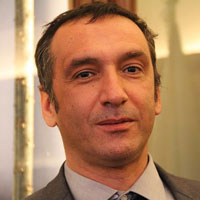 Mr. Degli Esposti is Full Professor at the Department of Computer Science and Engineering, Deputy Rector Alma Mater Studiorum Università di Bologna, Dean of Biblioteca Universitaria di Bologna, Head of Service for the health and safety of people in the workplace, President of the Alma Mater Foundation and Delegate for Rankings.
Mr. Degli Esposti is Full Professor at the Department of Computer Science and Engineering, Deputy Rector Alma Mater Studiorum Università di Bologna, Dean of Biblioteca Universitaria di Bologna, Head of Service for the health and safety of people in the workplace, President of the Alma Mater Foundation and Delegate for Rankings.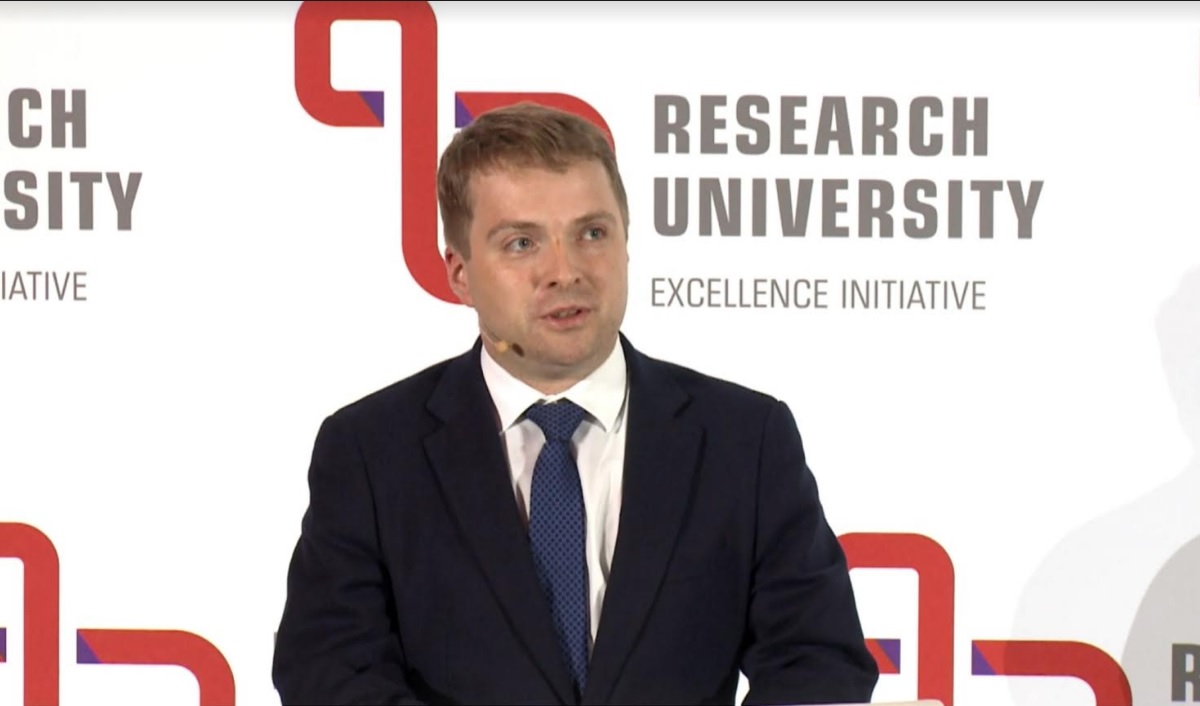
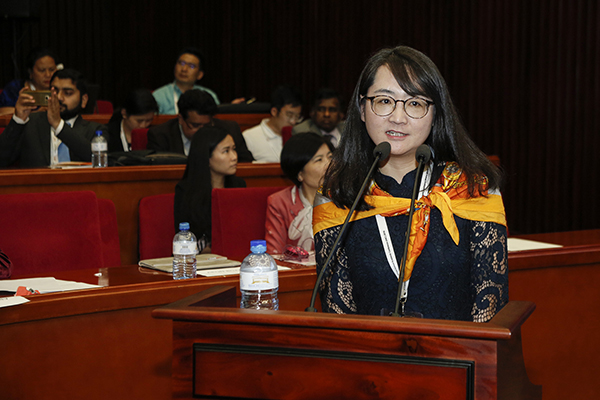
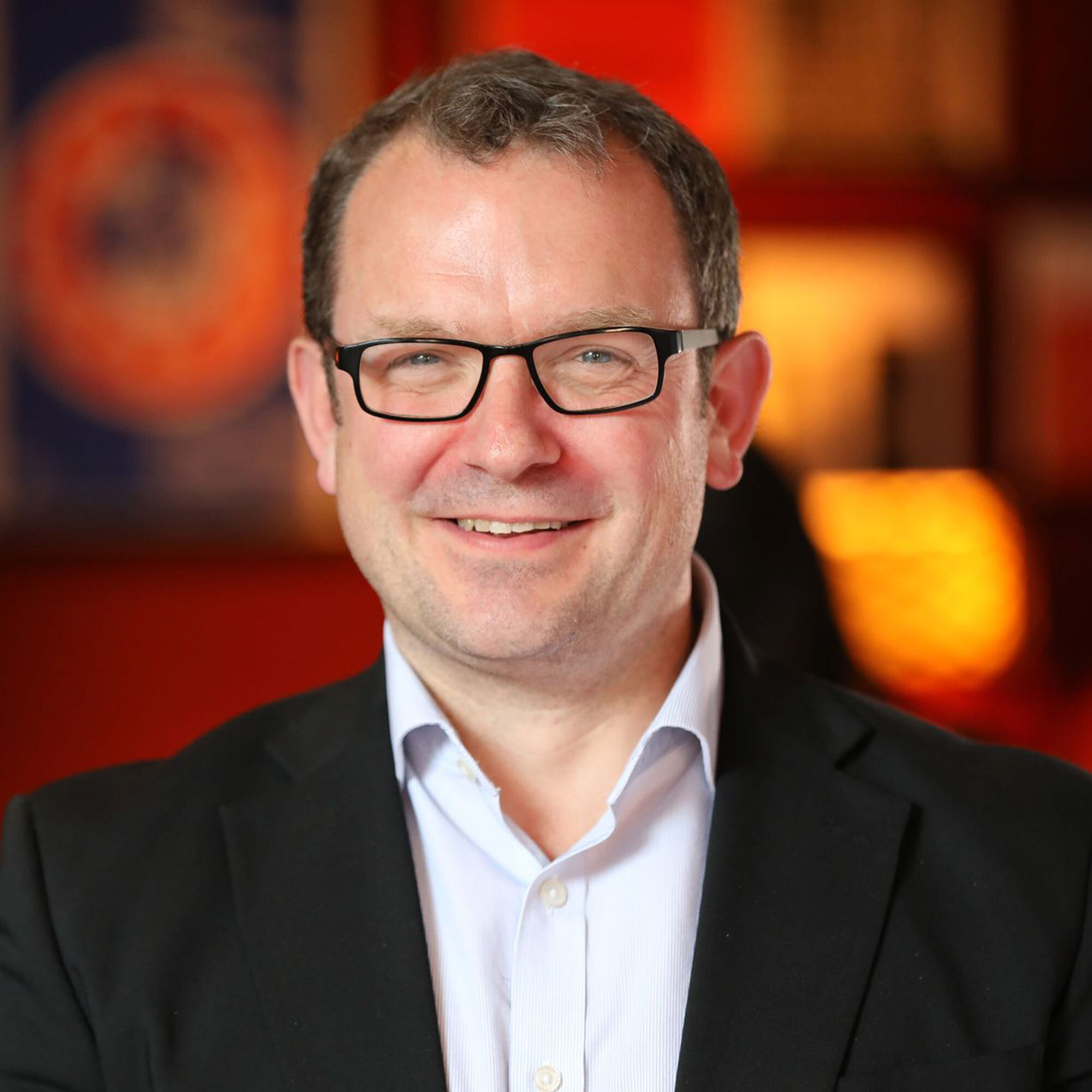 Ben joined QS in 2002 and has led institutional performance insights function of QS since its emergence following the early success of the QS World University Rankings®. His team is, today, responsible for the operational management of all major QS research projects including the QS World University Rankings® and variants by region and subject. Comprising over 60 people in five international locations, the team also operate a widely adopted university rating system – QS Stars – and a range of commissioned business intelligence and strategic advisory services.Ben has travelled to over 50 countries and spoken on his research in almost 40. He has personally visited over 50 of the world’s top 100 universities amongst countless others and is a regular and sought after speaker on the conference circuit.Ben is married and has two sons; if he had any free time it would be spent reading, watching movies and skiing.
Ben joined QS in 2002 and has led institutional performance insights function of QS since its emergence following the early success of the QS World University Rankings®. His team is, today, responsible for the operational management of all major QS research projects including the QS World University Rankings® and variants by region and subject. Comprising over 60 people in five international locations, the team also operate a widely adopted university rating system – QS Stars – and a range of commissioned business intelligence and strategic advisory services.Ben has travelled to over 50 countries and spoken on his research in almost 40. He has personally visited over 50 of the world’s top 100 universities amongst countless others and is a regular and sought after speaker on the conference circuit.Ben is married and has two sons; if he had any free time it would be spent reading, watching movies and skiing.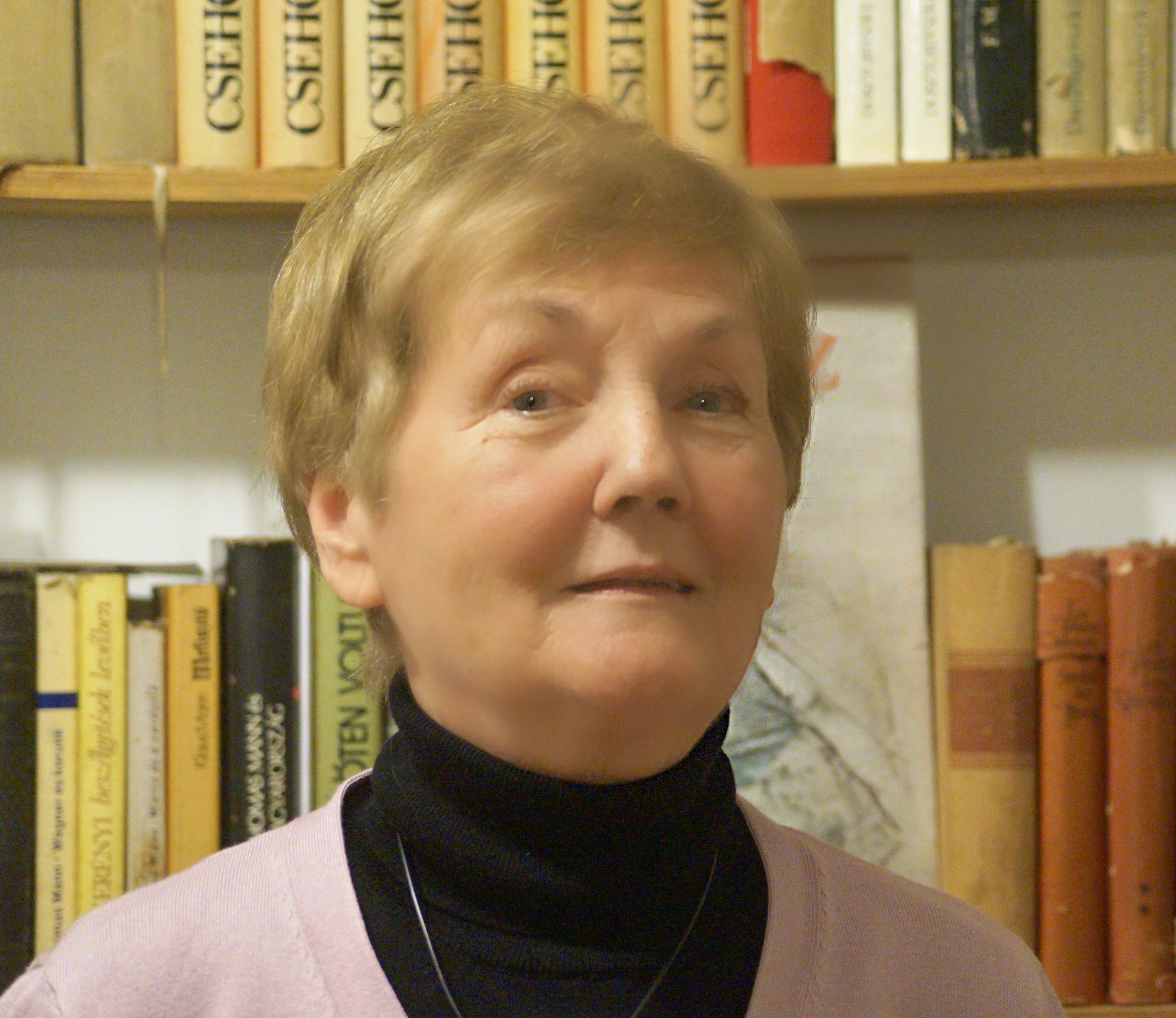
 Anna Urbanovics is a PhD student at Doctoral School of Public Administration Sciences of the University of Public Service, and studies Sociology Master of Arts at the Corvinus University of Budapest. She is graduated in International Security Studies Master of Arts at the University of Public Service. She does research in Scientometrics and International Relations.
Anna Urbanovics is a PhD student at Doctoral School of Public Administration Sciences of the University of Public Service, and studies Sociology Master of Arts at the Corvinus University of Budapest. She is graduated in International Security Studies Master of Arts at the University of Public Service. She does research in Scientometrics and International Relations.
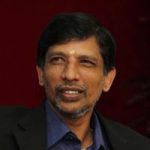
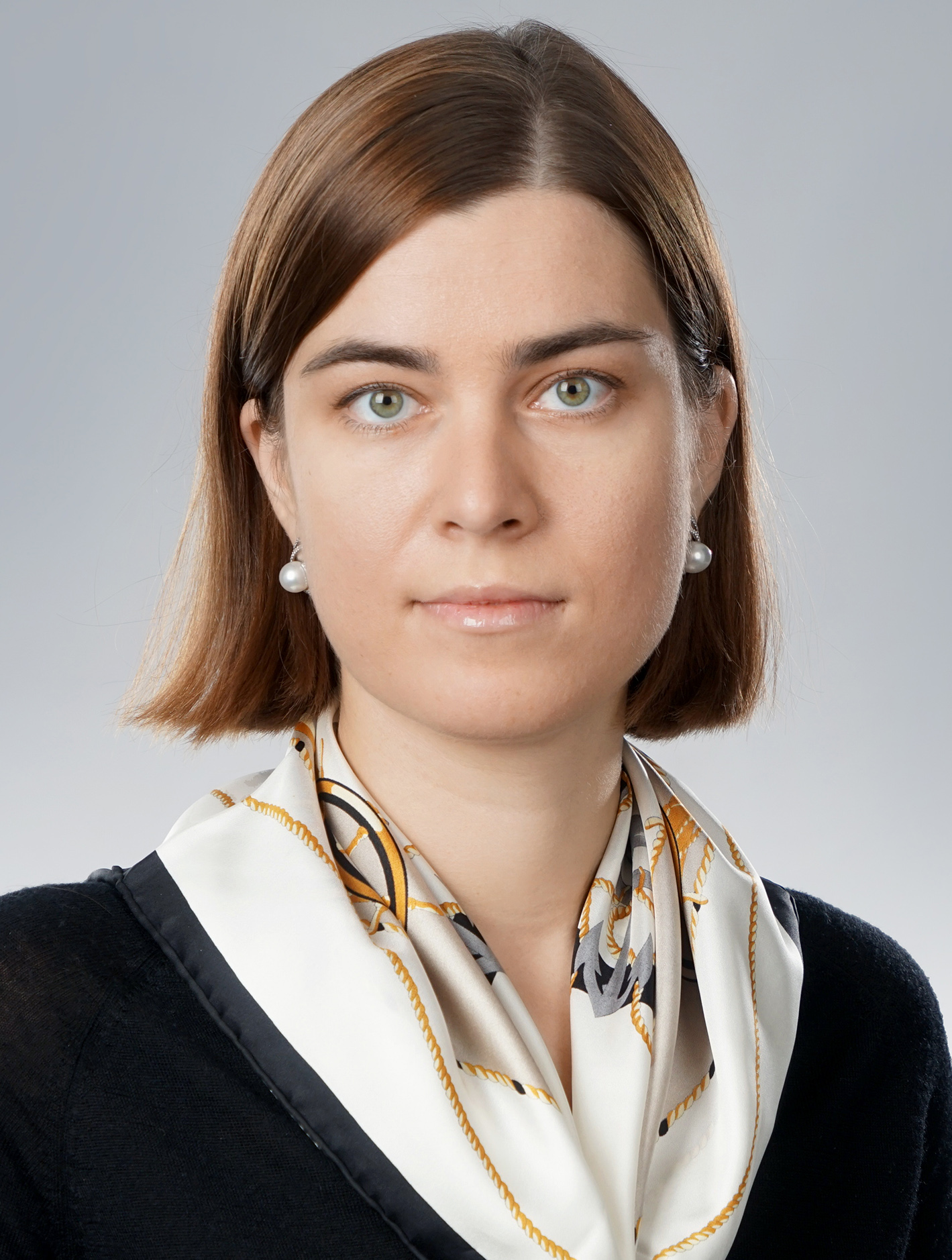
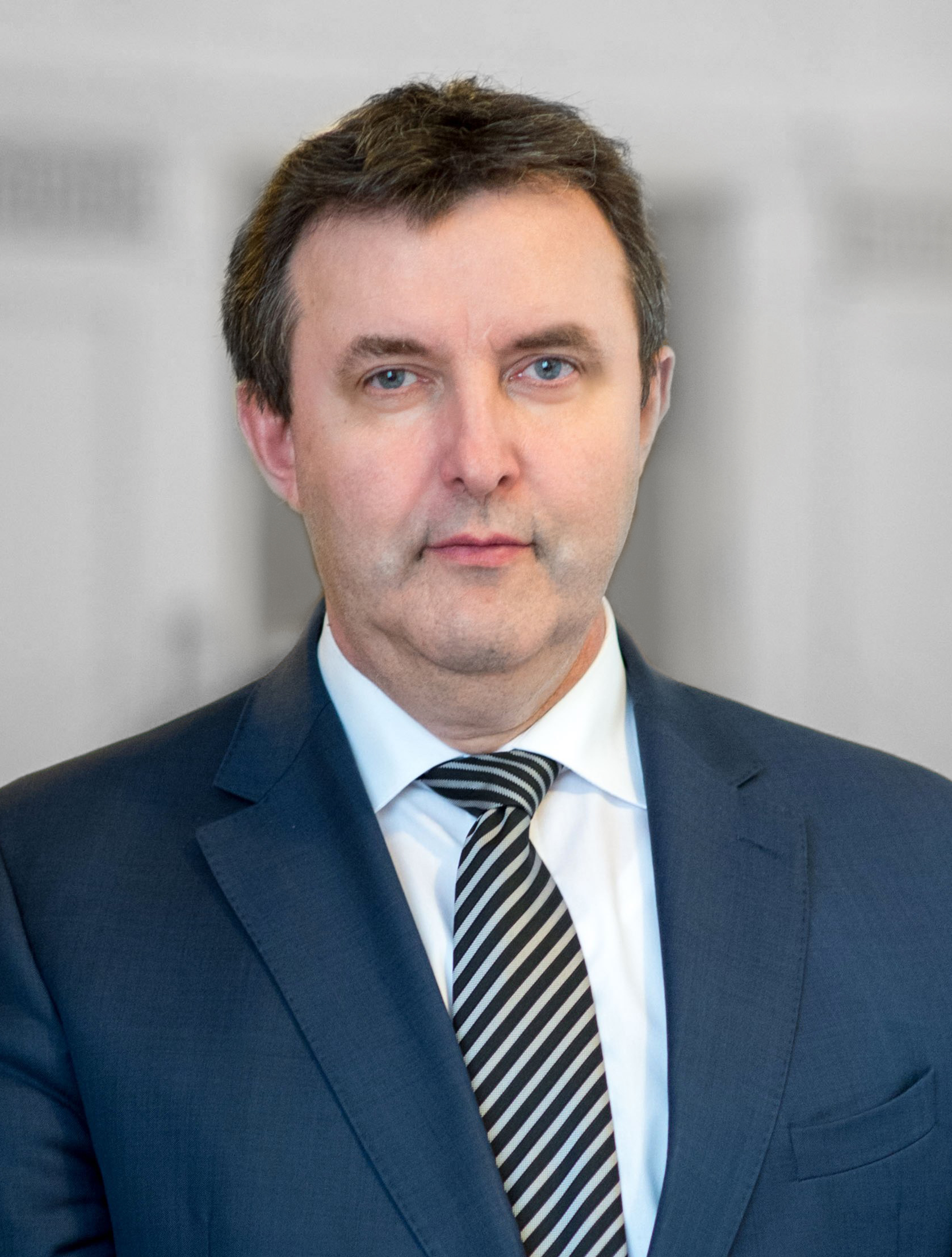 Since 1 February 2019 Minister Palkovics as Government Commissioner has been responsible for the coordination of the tasks prescribed in Act XXIV of 2016 on the promulgation of the Agreement between the Government of Hungary and the Government of the People’s Republic of China on the development, implementation and financing of the Hungarian section of the Budapest-Belgrade Railway Reconstruction Project.
Since 1 February 2019 Minister Palkovics as Government Commissioner has been responsible for the coordination of the tasks prescribed in Act XXIV of 2016 on the promulgation of the Agreement between the Government of Hungary and the Government of the People’s Republic of China on the development, implementation and financing of the Hungarian section of the Budapest-Belgrade Railway Reconstruction Project.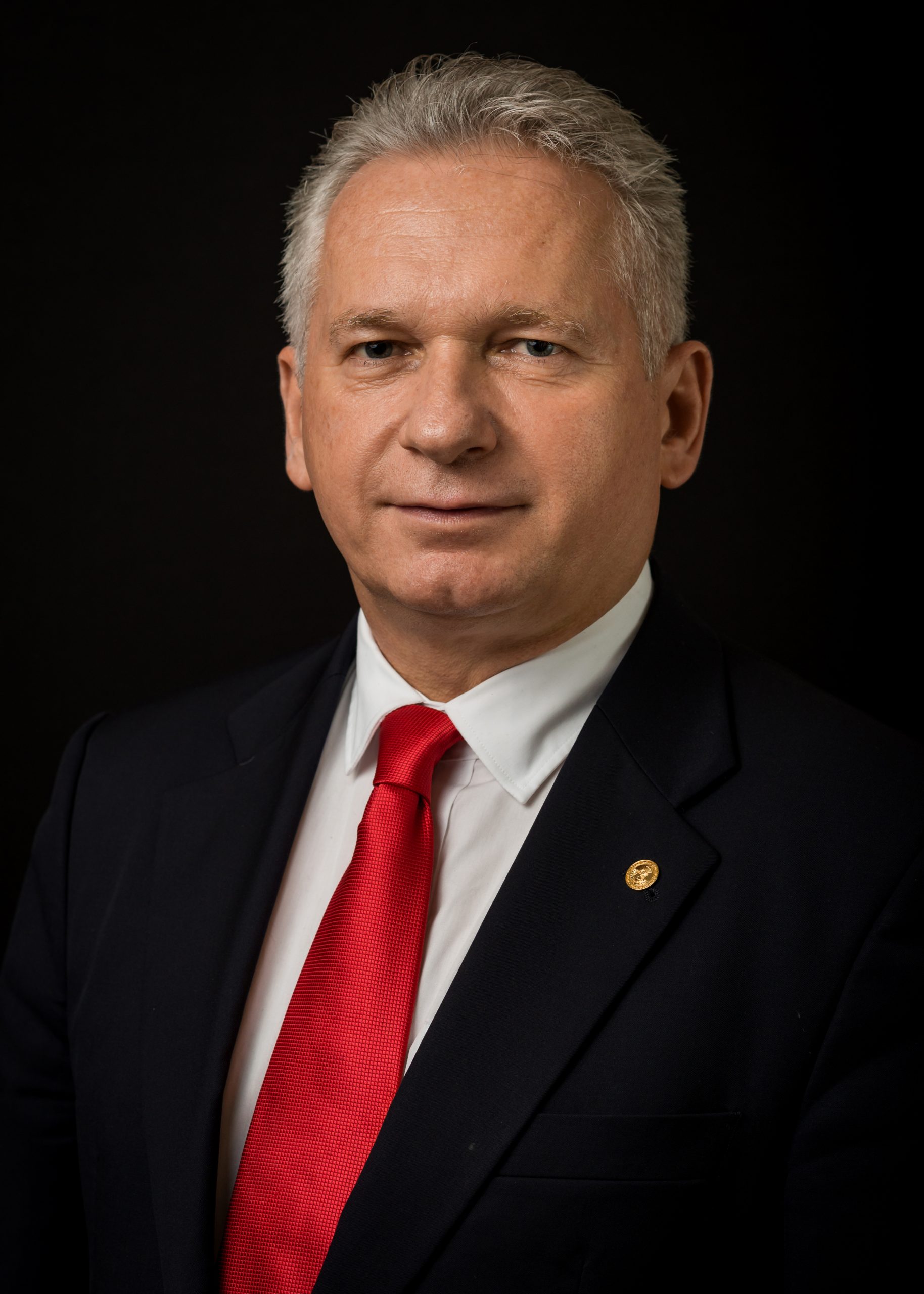
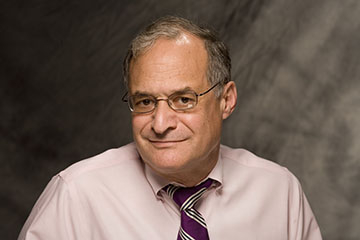
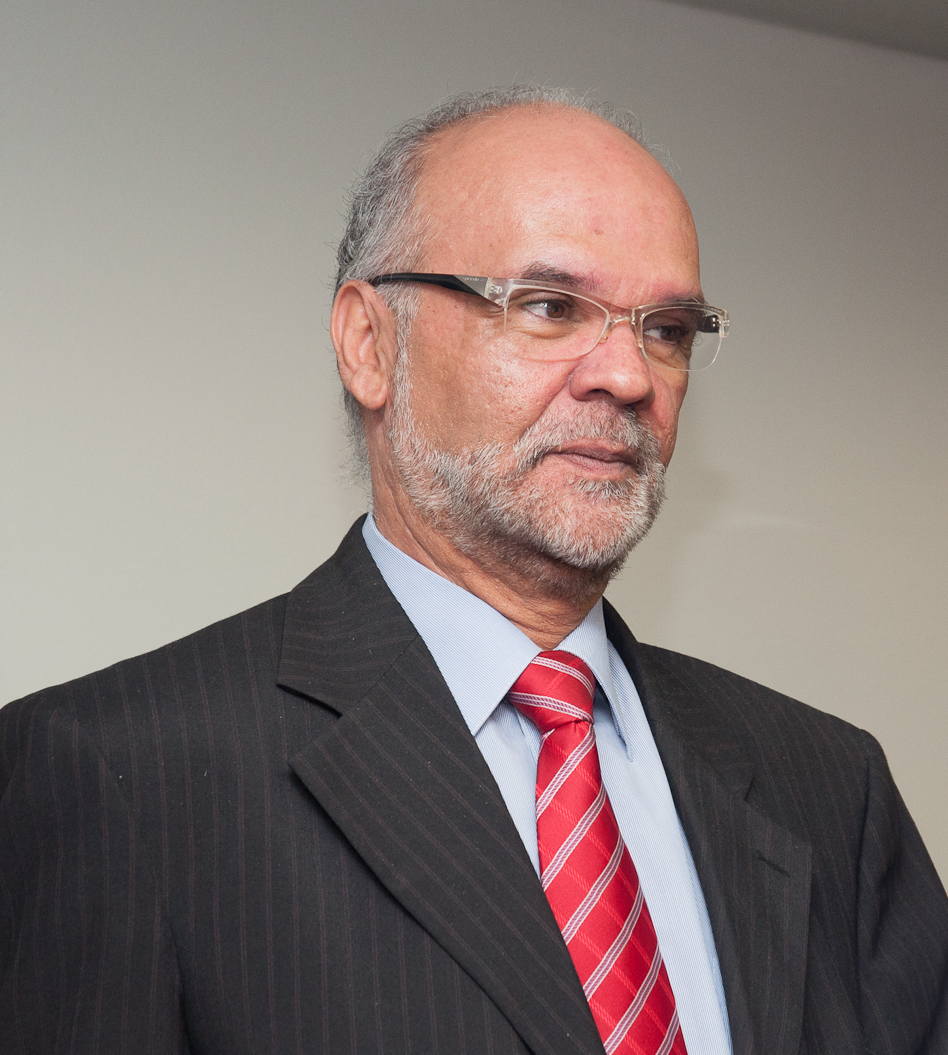
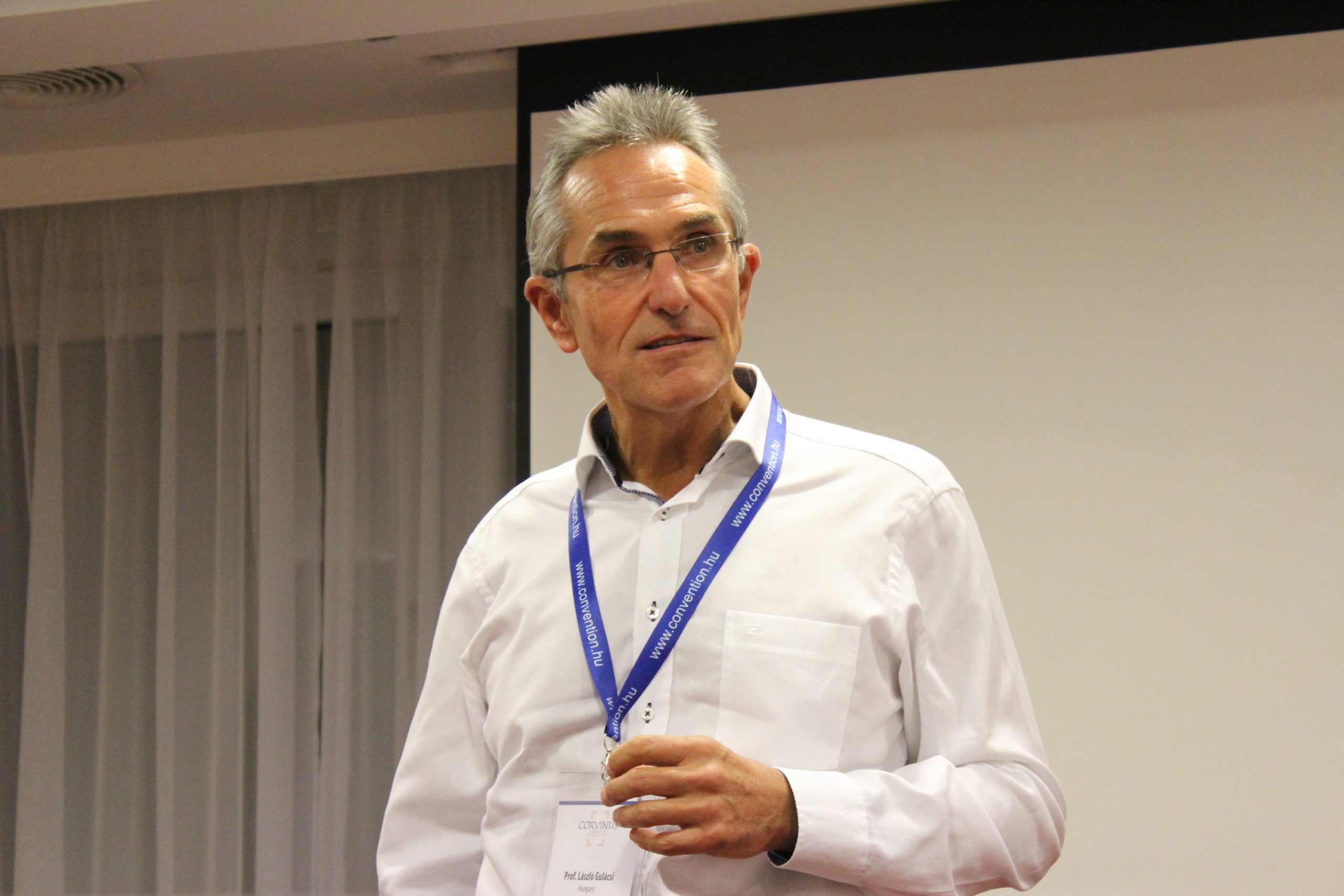 He is the past President of the Health and Health Care Economics Section of the Hungarian Economics Association.
He is the past President of the Health and Health Care Economics Section of the Hungarian Economics Association.

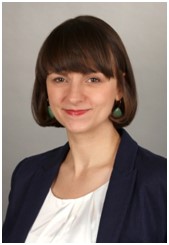 Based in Berlin, Zuzanna Gorenstein is Head of Project of the German Rectors’ Conference (HRK) service project “International University Rankings” since 2019. Her work at HRK encompasses the conceptual development and implementation of targeted advisory, networking, and communication measures for German universities’ ranking officers. Before joining the HRK, Zuzanna Gorenstein herself served as ranking officer of Freie Universität Berlin.
Based in Berlin, Zuzanna Gorenstein is Head of Project of the German Rectors’ Conference (HRK) service project “International University Rankings” since 2019. Her work at HRK encompasses the conceptual development and implementation of targeted advisory, networking, and communication measures for German universities’ ranking officers. Before joining the HRK, Zuzanna Gorenstein herself served as ranking officer of Freie Universität Berlin.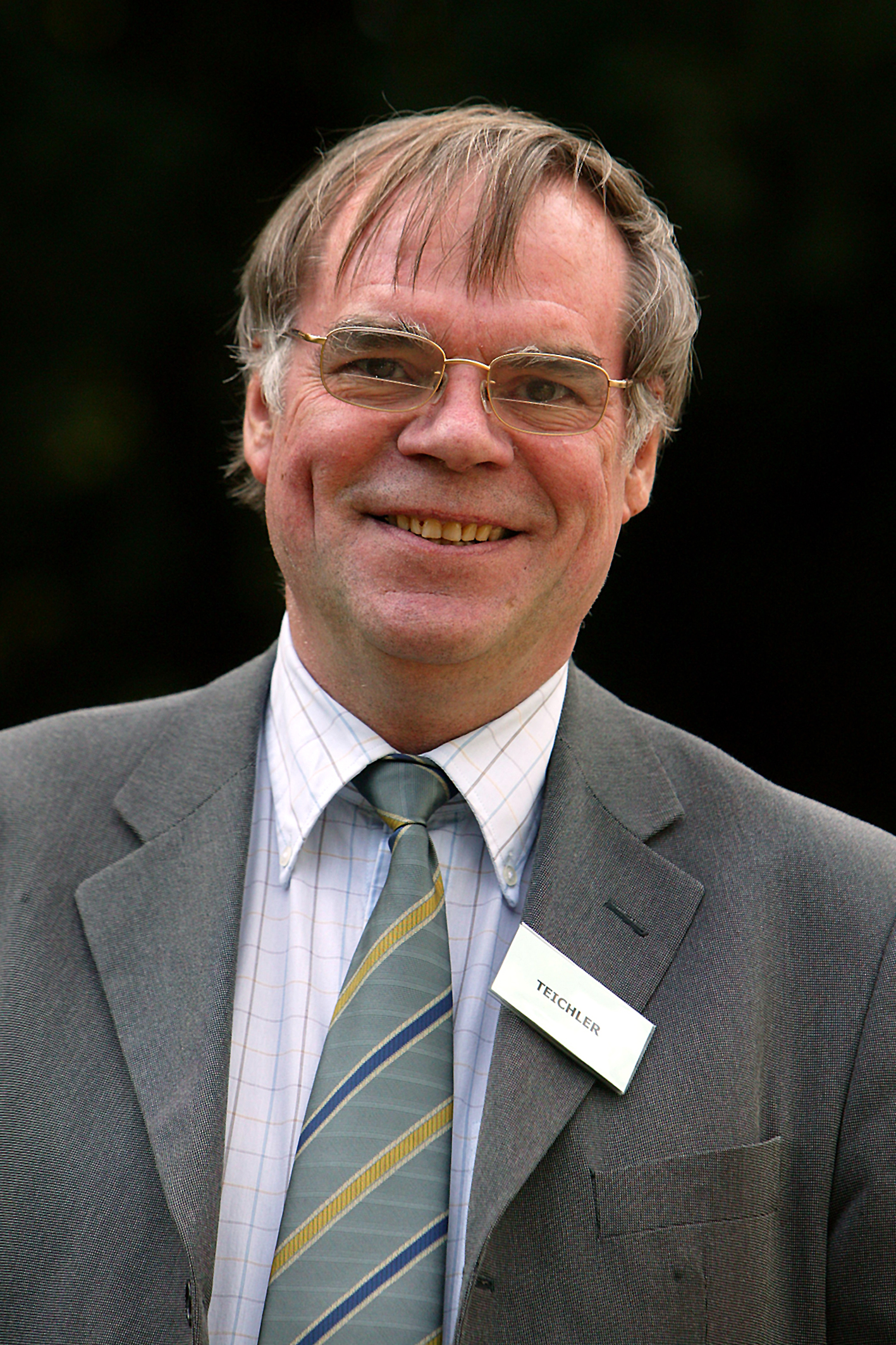
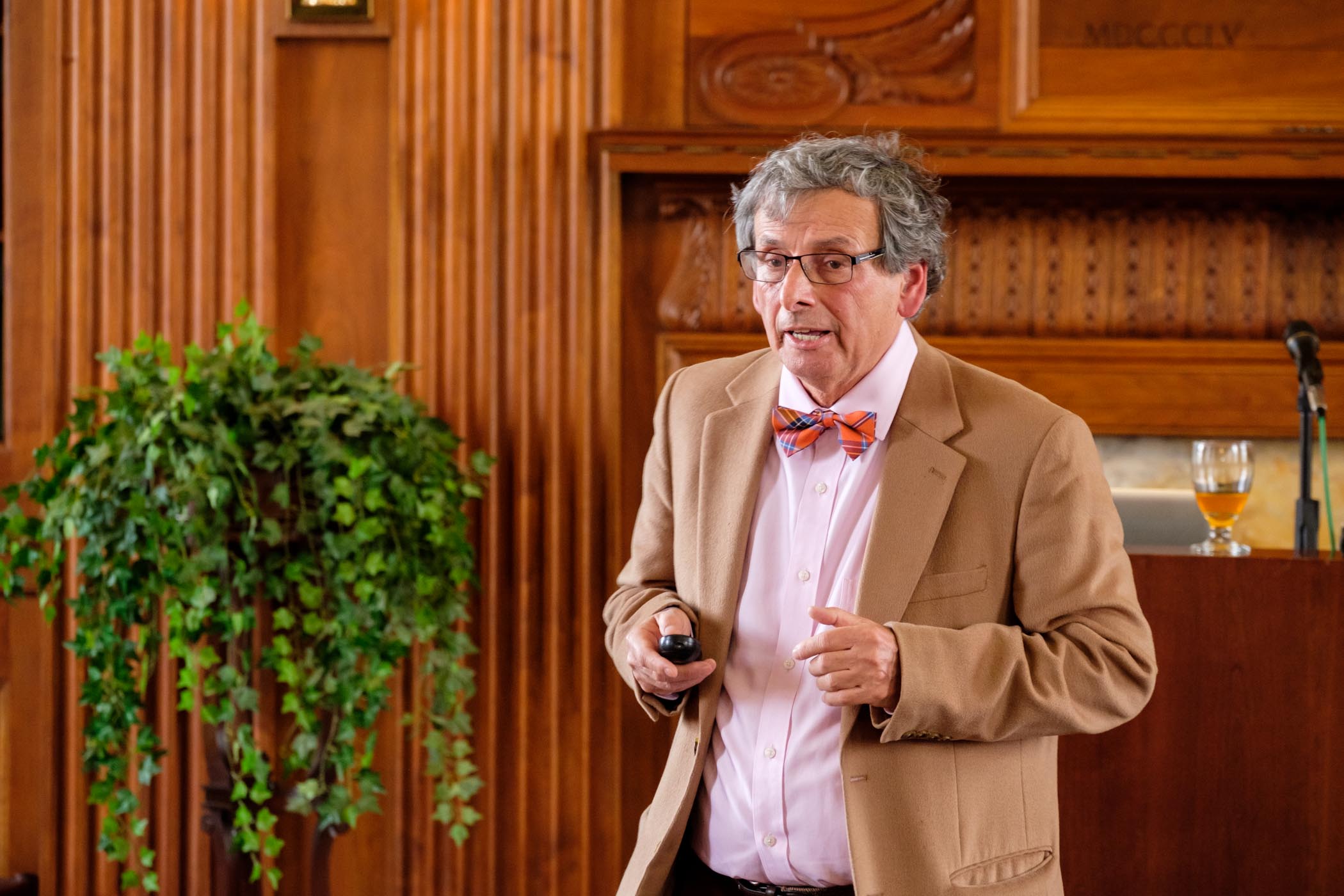 His books on mathematical modeling of chemical, biological, and other complex systems have been published by Princeton University Press, MIT Press, Springer Publishing house. His new book RANKING: The Unwritten Rules of the Social Game We All Play was published recently by the Oxford University Press, and is already under translation for several languages.
His books on mathematical modeling of chemical, biological, and other complex systems have been published by Princeton University Press, MIT Press, Springer Publishing house. His new book RANKING: The Unwritten Rules of the Social Game We All Play was published recently by the Oxford University Press, and is already under translation for several languages.
